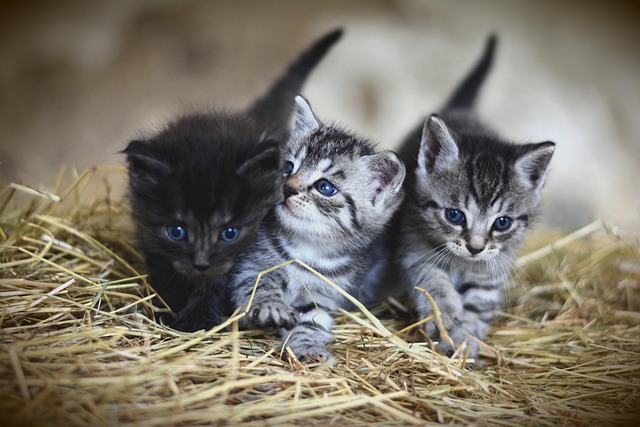
What to Feed Your Cat: A Guide to Healthy Nutrition
Feeding your cat the right food is one of the most important parts of being a responsible pet owner. A well-balanced diet helps maintain your cat’s energy levels, supports their immune system, and can prevent a variety of health problems. Cats are obligate carnivores, which means they require animal-based proteins to survive. Unlike dogs, cats cannot thrive on a vegetarian or plant-based diet, and feeding them inappropriate foods can lead to serious nutritional deficiencies over time.
Commercial cat foods are specially formulated to meet feline dietary needs. High-quality wet and dry foods contain the correct balance of protein, fat, vitamins, and minerals. Wet food is especially beneficial because it contains more moisture, which helps support kidney and urinary tract health. Dry food, on the other hand, is convenient and helps reduce plaque buildup on teeth. Many cat owners choose to feed a combination of both. It is also important to choose food that is appropriate for your cat’s life stage — kittens, adults, and senior cats all have different nutritional needs.
Reading food labels is essential when selecting cat food. Avoid products with fillers like corn, wheat, and soy as main ingredients. Artificial preservatives, flavors, and colors are also unnecessary and potentially harmful. Instead, look for foods with a named source of meat as the first ingredient, such as chicken, turkey, or salmon. Brands that follow AAFCO (Association of American Feed Control Officials) guidelines ensure that their food meets the basic nutritional standards for cats.
Treats can be a fun way to bond with your cat, but they should be given in moderation. Too many treats can lead to obesity or upset your cat’s stomach. Treats should not make up more than 10% of your cat’s daily caloric intake. Instead, focus on high-protein, low-carb options and avoid giving human food. Some common human foods like onions, garlic, chocolate, and dairy can be toxic to cats and should always be avoided.
Fresh, clean water should be available to your cat at all times. Cats often do not drink enough water, especially if they eat mostly dry food. Using a pet water fountain or adding a bit of water to their wet food can help keep them hydrated. Proper hydration is critical for preventing urinary tract problems, which are common in cats.
Feeding schedules and portion control also play a role in maintaining your cat’s health. Free-feeding (leaving food out all day) can lead to overeating and weight gain, especially in indoor cats. Instead, it’s better to establish a regular feeding routine, usually twice a day, and follow the portion recommendations based on your cat’s weight and activity level. Consulting your vet can help you determine the right diet and feeding plan for your individual cat.
Cats with health issues like diabetes, kidney disease, or food allergies may require special diets prescribed by a veterinarian. Never change your cat’s diet abruptly, as it can cause digestive issues. Always transition slowly to new food over several days to give your cat’s system time to adjust.
Providing your cat with a nutritious and well-balanced diet is one of the best ways to ensure a long, healthy, and happy life. With the right food, proper hydration, and a bit of care, you can help your feline companion thrive at every stage of life.
